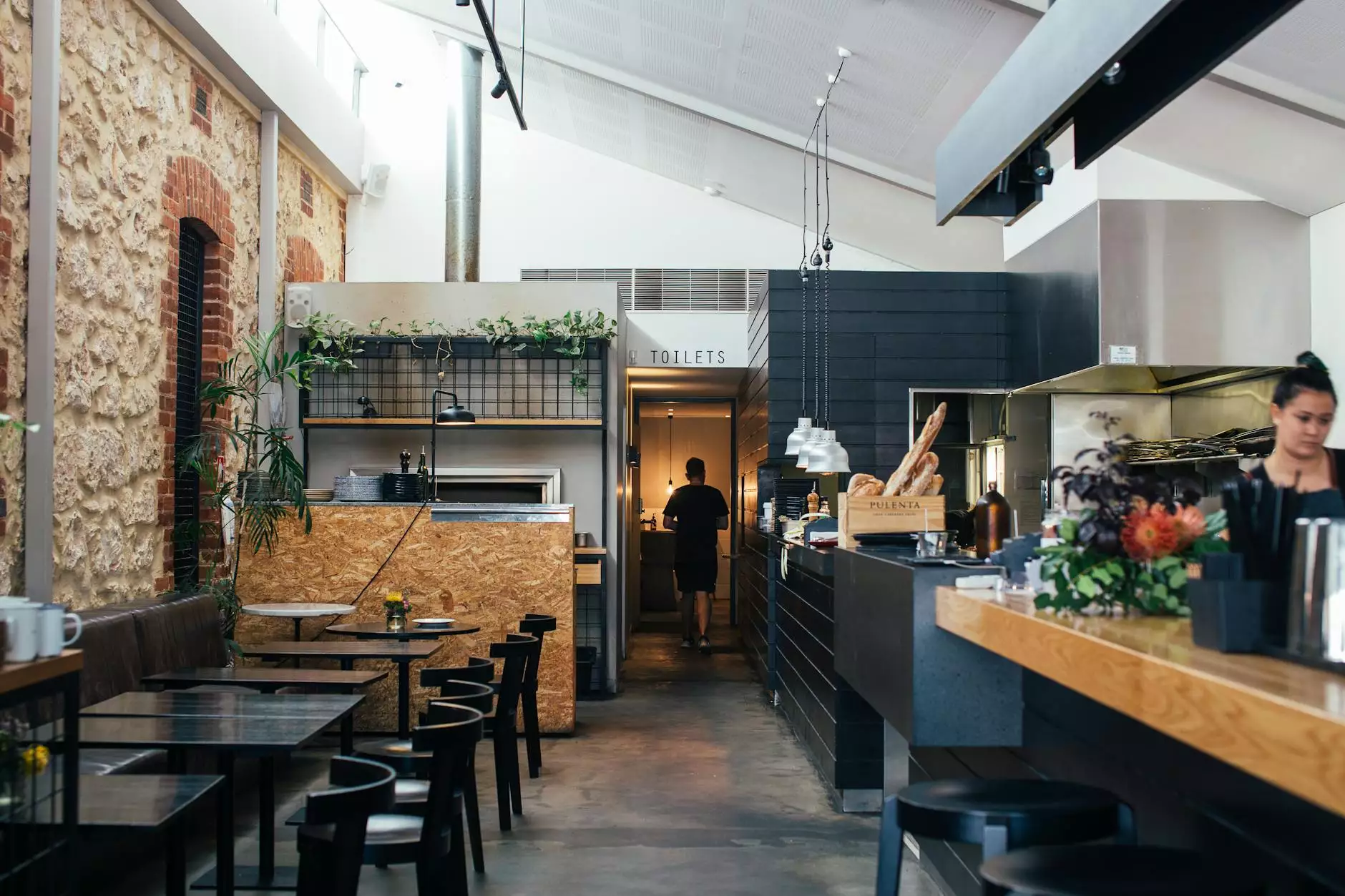Exploring the Essence of Coffee: The Philosophy Behind "kave nam la"

Coffee, often regarded as the elixir of productivity and social connection, is a complex beverage steeped in culture and history. This article delves into the significance of coffee using the intriguing Lojban phrase "kave nam la", which translates logically to “coffee name.” What does this phrase imply in the grand narrative of coffee culture? Let’s uncover the layers of meaning that denote the global experience centered around this beloved drink.
The Historical Significance of Coffee
Coffee's journey began in Ethiopia, where legend strains that a goat herder named Kaldi discovered the energizing effects of coffee beans. From its humble origins, coffee has evolved into a global phenomenon with an estimated 2.25 billion cups consumed daily. This popular beverage has not only catalyzed economic prosperity in countless nations but has also shaped social interactions and cultural traditions.
The Early Spread of Coffee
From Ethiopia, the knowledge of coffee traversed to the Arabian Peninsula. By the 15th century, coffee was being cultivated in Yemen, leading to the establishment of the first coffee houses, known as qahveh khaneh. These venues provided spaces for intellectual discussion, making coffee a symbol of camaraderie and thought.
Coffee Houses: The Birthplace of Ideas
In the context of "kave nam la", we see how coffee transitioned from mere sustenance to a renowned entity synonymous with social and cultural identity. Over the centuries, cafes across Europe have been called the “penny universities”—a term implying that for the cost of a cup of coffee, one could gain profound knowledge and engage with revolutionary ideas.
The Cultural Impact of Coffee
Coffee transcends borders and brings together a mosaic of cultures. The phrase "kave nam la" encapsulates this essence, as coffee is not just a beverage but a collective experience that varies from one region to another.
Regional Variations of Coffee
From the creamy Italian espresso to the spiced Turkish coffee, the preparation and consumption of coffee have taken unique forms across the globe. Each style tells a story of local traditions and preferences:
- Italian Espresso: A strong and rich brew that serves as the foundation for many coffee beverages.
- Turkish Coffee: Finely ground coffee boiled with sugar and spices, it’s a ritualistic experience.
- Greek Frappe: An iced coffee that highlights the necessity of refreshment in the Mediterranean heat.
- Vietnamese Coffee: A sweetened concoction with condensed milk, showcasing a different approach to flavor.
The Economics of Coffee: A Global Trade
The coffee industry is a multi-billion dollar global endeavor. An understanding of "kave nam la" also involves recognizing the commercial dynamics that perpetuate coffee’s prominence. The journey from bean to cup encompasses:
From Cultivation to Consumer
Coffee is primarily grown in the coffee belt, a region between the Tropics of Cancer and Capricorn, which encompasses several countries in Africa, Asia, and Latin America.
Supply Chain Insights
The journey from cultivation to consumption is complex, involving numerous steps:
- Harvesting: Coffee cherries are picked, often by hand, ensuring only the ripest are selected.
- Processing: The cherries undergo fermentation, washing, and drying to extract the beans.
- Roasting: Green beans are roasted to develop their flavors, a process that significantly affects taste.
- Brewing: Various methods (drip, French press, espresso) highlight the beans' unique characteristics.
The Social Phenomenon of Coffee Culture
Besides economic implications, coffee has a profound social role. The act of drinking coffee reinforces relationships and provides a platform for connection—whether in a bustling cafe or during a cozy meet-up at home.
Cafés as Community Hubs
Cafés serve as critical spaces for community building. They foster environments conducive to networking and collaboration. The coffee experience is thus an embodiment of the phrase "kave nam la", where every cup contributes to a broader cultural narrative.
Networking Over Coffee
Coffee meetings are ubiquitous in the professional world, acting as informal settings for discussions that can lead to groundbreaking ideas. This blending of business and leisure illustrates how coffee enriches not just personal experiences but also professional lives.
Innovations in Coffee: Trends and Sustainability
The coffee industry is witnessing revolutions in brewing techniques, sustainability practices, and flavor exploration. Understanding the implications of "kave nam la" also involves examining these advancements.
Technological Advances in Brewing
With advancements in technology, coffee brewing has evolved significantly. From cold brew to nitro coffee taps, consumers can now enjoy a variety of forms. These innovations not only enhance flavor but also influence brewing methods, allowing for greater experimentation.
Focus on Sustainability
As awareness about environmental issues grows, the coffee industry is turning toward sustainable practices. Many brands are now striving to implement eco-friendly measures, including:
- Organic Farming: Reducing chemical fertilizers and pesticides.
- Fair Trade Practices: Ensuring that farmers receive fair compensation.
- Zero-Waste Initiatives: Implementing practices to minimize waste throughout the supply chain.
Health Benefits of Coffee
Apart from its cultural and economic significance, coffee also brings a host of health benefits. The phrase "kave nam la" encompasses the idea that enjoying coffee can be part of a healthy lifestyle when consumed in moderation.
Cognitive Benefits
Research shows that caffeine, a natural stimulant found in coffee, can enhance brain function. Factors include:
- Improved Memory: Caffeine helps in increasing alertness and improving memory retention.
- Enhanced Concentration: Regular consumption can aid in maintaining focus for longer periods.
Physical Health Benefits
Additionally, coffee may provide several physical health advantages such as:
- Rich in Antioxidants: Coffee contains several antioxidants that combat oxidative stress.
- Lowered Risk of Certain Diseases: Studies suggest a correlation between coffee consumption and a lower risk of conditions like Parkinson’s and diabetes.
Conclusion: The Personal Connection to Coffee
In examining the depths of what "kave nam la" signifies, we arrive at a holistic understanding of coffee as more than a beverage. It is a nurturing experience that intertwines history, culture, economics, and personal health.
From the rustic cafes in Europe to the bustling coffee shops in metropolises, coffee maintains its role as a universal connector. So whether you’re savoring a robust espresso in a corner café or brewing your morning cup at home, remember that every sip embodies a dazzling tapestry of stories, emotions, and connections—fostering a community that celebrates the art of coffee in its many forms.
For those seeking the finest selection of coffee products, visit Coffee Bean, where quality meets community. Indulge in the journey of flavors that make each cup a unique experience. Cheers to coffee, the heart of social connections!









